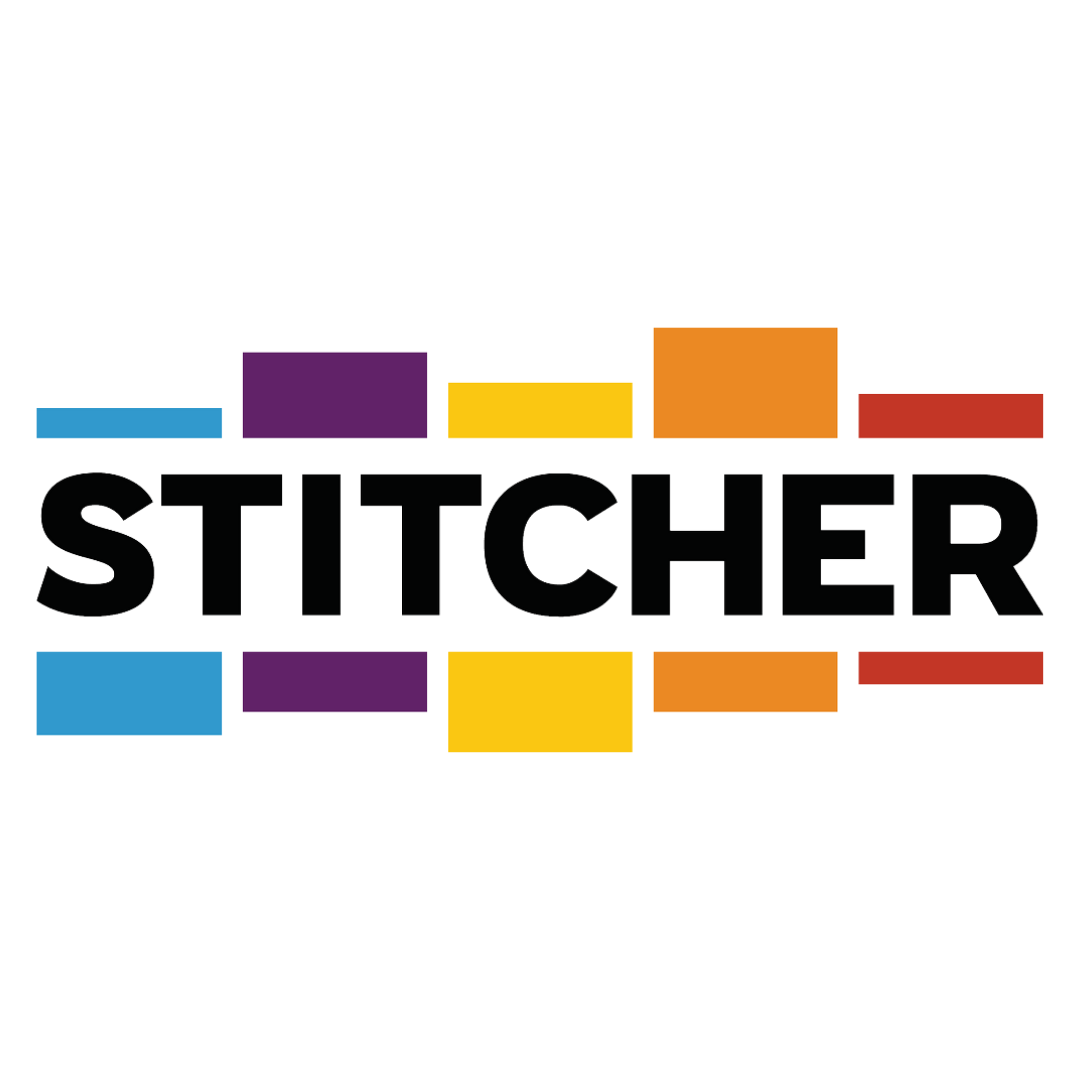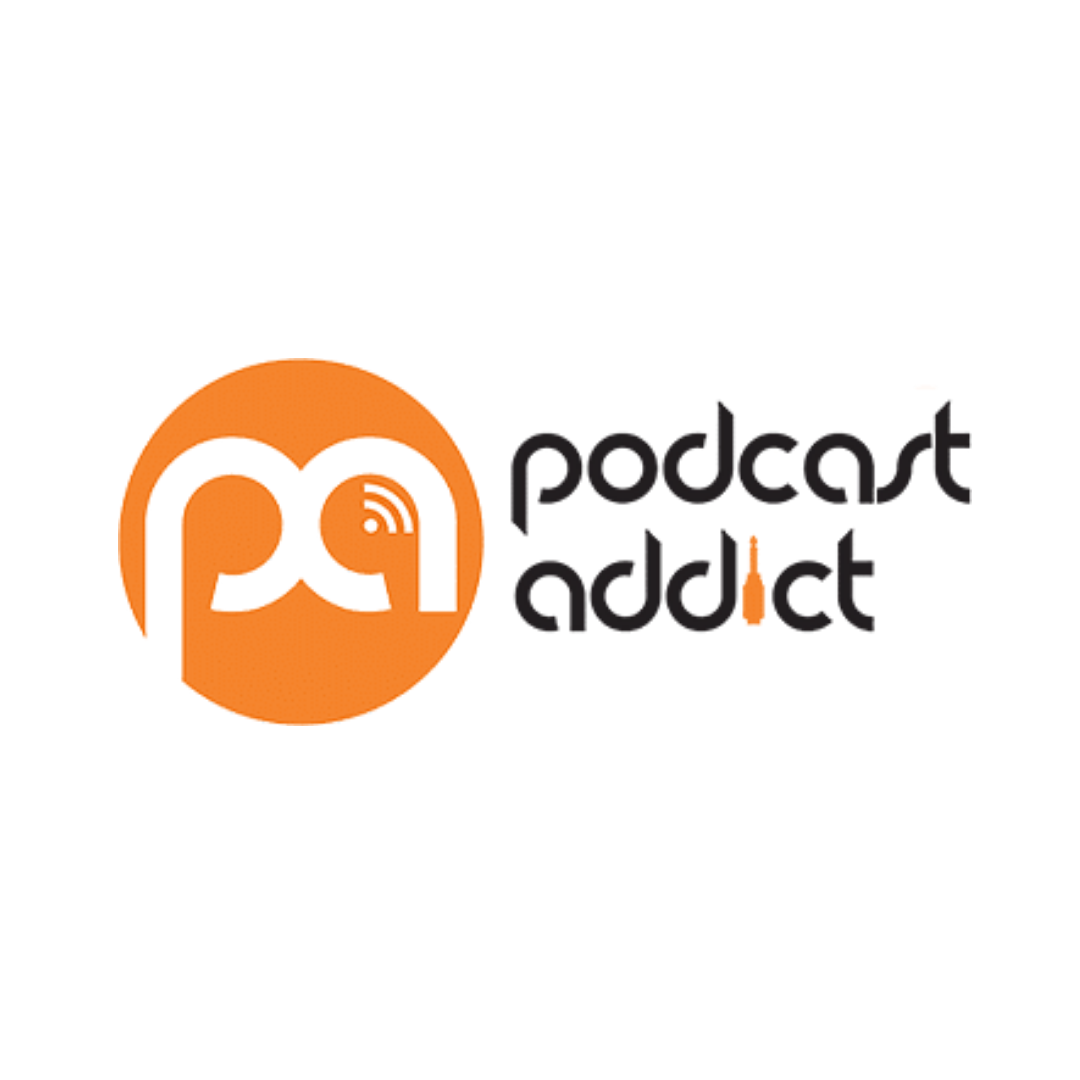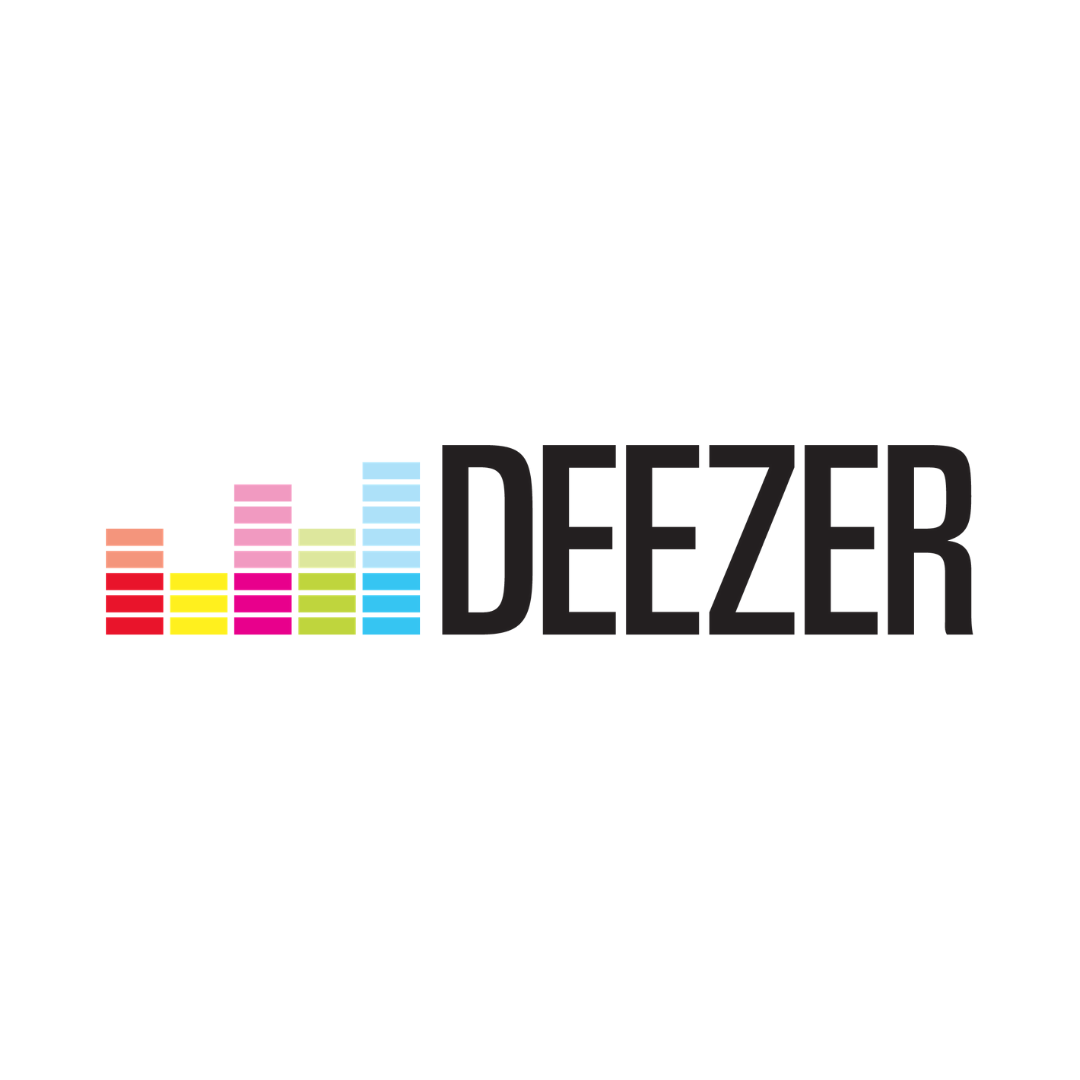An Employee Centered Approach to Branding
Join Our Newsletter
Introduction
Stephen Willard discusses his unique employee-focused approach to all things brand related, and how he goes about supporting his clients to identify new names.
Show Notes
Stephen Willard discusses his unique employee-focused approach to all things brand related, and how he goes about supporting his clients to identify new names.
- To build highly democratic brands where employees feel a part of the process – something that appeals to Millenials.
- Their approach to branding is bottom-up rather than top-down, ensuring employee inclusiveness across the organisation
- He discusses his approach to developing new product names in the tech industry, financial services and insurance
- His strong belief in empowering employees and rousing their emotions is his defining approach
Access the 7 Costly Mistakes to Avoid When Branding or Rebranding eBook when you subscribe to TUNED NEWS.
Transcript
Shireen: Hello, and welcome to Brand Tuned, successful brands successful business, the show for entrepreneurs and brand creators, where we discuss personal and business Brands to give you ideas and inspiration for your own brand. I'm Shireen Smith, lawyer, entrepreneur, author, and advocate for developing purpose based brands to change.
So Stephen Willard is from in blaze and helps corporates to engage and motivate their workforce, but not in the ways you might expect. He described his offering as a career enlivenment experience, which really piqued my interest on LinkedIn. So that's why I asked you to come along, Stephen to let us know a bit more about what Korea enlivenment is. So Hello, Stephen, thank you very much for agreeing to come on this podcast. I'm delighted to welcome you today.
Stephen: Good to speak to you. Thank you very much. Okay, great. Well, thank you very much for your time on this. So career enlightenment, well, let's, let's just let's just go back in time, a little bit. I started my career in, in an advertising agency. And from there, I moved into employee engagement. So we're talking about 15 years ago now. And I've spent almost half of my career, working with organizations helping them to engage their employees on matters like engaging with their employee benefits, their pensions, and typical HR communications. I then moved into branding and corporate branding, where I'd help mainly B2B clients, such as financial services, legal firms, rebrand or launch new divisions of the business, or new products. And that's where I kind of had this really interesting experience of working with businesses on the commercial side, and also getting insight into the cultural side. So it was, and I was quite interested by how the two parts of the business behaved. One was one was external facing, this is how we are this is how we want our customers to perceive us, and then internally facing, but this is how we'll work with our employees. And by by working in those two areas of engagement, it just struck me just how there was a problem that I kind of felt we needed to address. So that's so after spending quite quite a bit of time, in that space, researching that gap and how it could be improved. We noticed that a lot of these corporations were having issues with culture slump, and employees finding themselves in what we now refer to as a corporate Col de sac. So employees move into a business. They a bit like Well, that's, that's that's imagine a cul de sac, you kind of drive right down the road, you come to the end. And then you take a, you make a three point turn, and then you come back out again, and then into the next cul de sac. So why aren't these employees progressing? What's happening there? And that's how the idea of career enlightenment came around. And yeah, and so the idea of in blaze was born.
Shireen: So are you still involved in helping people with branding as well? Or is this now the main business?
Stephen: Yes, we do. Branding is still a sacred part of the business. But what we do we do things slightly differently. Again, going back to my my, my perspective on branding, through years and years of working on a branding exercises. I've always noticed how we would be instructed by the CMO or the chief executive to carry out marketing, a rebranding exercise. And the emphasis would always be on when we're looking to reposition or update or upgrade our external perspective. Can you help us do that? And once that's done, okay, now we need to tell the staff about what's happening and how it affects them. And that's something that's always struck me as being a bit topsy turvy. So what we do is we start with the employees and And a quote from Richard Branson, which probably hasn't dated very well. But the idea still stands is that you should, you should look after your customer or your employees first because your employees will look after your your customers. So that's the approach that we take. And we we build highly democratic, democratic brands that the employees feel a part of and invested in delivering.
Shireen: Right, so you interview the employees to find out what they know about customers and what the customer wants. Is that how it works?
Stephen: Yeah, that's right. We, it's interviews, it's WhatsApp groups, it's social media. It's, it's testing, it's checking, it's asking opinions, we then employee who we call influencers, and influencers are those who then then not necessarily the senior members of the organization, there's nothing to say an influencer couldn't be working in a junior admin role. But these are individuals who have who are able to develop strong relationships over digital channels, who are who are well liked and trusted, and who can communicate a message from the business. So as opposed to in the old days, that the messages will come from the top and gradually be diluted down. And we do things like we give managers toolkits, and all the rest of it, we now look at all all over the organization and who are the best communicators to to spread the word.
Shireen: Okay, so it's the very opposite of a top down approach to training and developing the brand?
Stephen: It is and that's what the millennial audience, who are who are going to be those who, who will drive business the next 1020 years. That's what they're saying they believe in, in democracy and, and working together. So that that that model is working very well for us.
Shireen: So you start there, and then work with the marketing department.
Stephen: Yeah, we're often briefed in from the marketing department.
Shireen: We’ll take a short break at this point, as I'd like to mention the Brand Tuned series of webinars, which support founders to think through their brand, taking IP into account at the right time, which is good for you make firm decisions about what to create, just visit brand tuned.com. And the webinars are referenced right there on the homepage.
Okay, back to the podcast. And do you also help businesses to develop new products and product names? The light?
Stephen: Yes, yes, we do. Yes. Lots of lots of tech products, as you can imagine, in the last 15 years, particularly in financial services, insurance, tech firms, asset managers, private banking, we've worked on various apps and all the rest of it and naming does come into it. Yeah.
Shireen: All right. So do you do the naming or does the company do it and get your blessing with things? How does it work?
Stephen: Well, I usually it's, it's, it's handed over to us for two reasons, but read the river outright asked to come up with some suggestions, or the concepts were provided with perhaps just require a professional eye. So yeah, I think I'm being a bit polite there. Sometimes we can get the you know, two or three words fuse together and all the rest of it. So, so yeah, we tend to do some some market testing, we check the trademark database, domain names and things like that.
Shireen: So you do all that yourself rather than involving the their lawyers.
Stephen: We will so typically, what will go away will will generate several ideas which and we'll write a report on each each idea to say what checks we've carried out and presented to the client. And then with our recommendation, which is often to refer to compliance or to engage with an IP lawyer, like yourself you Yeah to carry out deeper checks.
Shireen: And other names usually okay usable, or do they get rejected?
Stephen: We haven't had an issue we've trademarked a number of of names over the years and where we've had a few challenges, which which have served as good education, but we get to receive a rejection.
Shireen: So do you present a number of names or just one?
Stephen: It's, I mean, yeah, a good a good idea is a few and far between. I mean, I can think of even our own name, but I can think of some current projects where coming up with the name has taken many, many months. So you're, you're fortunate enough to come up with the name, let alone several, several is good. And that might be a starting point. But it's knowing that final name, which is which is precious.
Shireen: Yeah, I find it actually the trademark registers are so cluttered with names that it can be very difficult to find available names. So I'm just amazed that some agencies insist on also having the.com. When you know, it's so easy to find some other solution and then later, maybe 10 years later, you might get the.com. But yeah, do you really need it straightaway? What's your view?
Stephen: This Yeah, this comes up from time to time, I don't know if there is a definitive answer on it. There are lots of you can speak to one person, and they'll be adamant that you need the.com, whereas others are less. So my, my view is, having seen so many millions of names over the years, I lower your expectations and not worry so much about the.com. And, yeah, but the trademark checks are absolutely essential.
Shireen: Yeah, I acted for headspace when they first started, so they chose the name, get some headspace, rather than headspace. Now they've got the.com domain. And a lot of businesses actually find some motivational sentence, which actually can work really well as a domain name. So I would suggest to most agencies not to get hung up on the.com name because it limits you so much in choosing names.
Stephen: Yeah, yeah. And just thinking about being Q, their website, domain name is diy.com. So that's, that's quite a good example, you can actually be more creative with domain names.
Shireen: Yeah, I bet it's difficult to get a domain with three letters nowadays. Almost impossible. Yeah. Yeah. Well, I actually find there's such a separation between branding and IP, which I've often found odd, because there's a lot of value that add perspective on trademarks can add. I mean, you obviously know what you're doing. But I have come across a lot of agencies who choose really, utterly banal descriptive names that can't be trademarked. And it means the client ends up with not such a good, outstanding brand, right. So I've often wondered, why are lawyers not involved more in this? And I think somebody said, maybe lawyers are too negative or something, I don't know. What's your view?
Stephen: Well, I'll come back to the second point. Brandon branding agencies are made up of creative people. And creative people studied graphic design. And before they studied graphic design, they studied art. And before they studied art they were drawing and not at any point through that linear career path would they have been introduced to, to any kind of legal subject matter? Yeah, it's just simply not something they're exposed to. And also, perhaps the mindset of a creative or that's slightly cliche, isn't really suited to the skills and aptitudes required for for the, for the legal profession. So I just say that they they're just two paths that never cross. Also, branding and creativity is much more accessible. nowadays. You don't have to go to university and study it hard. So perhaps there isn't really that thorough understand Think of the hoops you need to jump through in order to build a credible brand. I created a video actually a couple of years ago, I think it was titled I love lawyers. Because a lot of the clients we work with are in well regulated industries. And I come across compliance teams on a constant basis. And often they're quite their, their review comes quite late in the day. And I have I have a very positive experience working with compliance. And it gives me greater confidence that the word grated has been ratified and given that stamp of approval. So I guess I'd say to, to your agency listeners out there, just encourage you to, to engage with legals and compliance teams when composing your branding. And I really wouldn't fear them. It just makes your work stronger.
Shireen: Yeah. And I think the sooner the better. Because often if you've created a brand already, and then the client finds out that actually it's a no go area. And that's a whole load of work that's been unnecessarily done, or who do you think has a really fantastic brand out there? Now? I mean, apart from Apple, unless you're going to mention apple, but whose brand you really admire?
Stephen: Yeah, sure. I mean, there are several I really, I'm really into some of the stuff that the remarkable brands are doing. So they're the the ink based tablet. I don't know if you're familiar with that.
Shireen: No, I should be interested to look them up.
Stephen: You'll probably be perfect. Yeah, so remarkable. The Blue Dog, I love the edge. And they really tie in with my belief with regards to empowering your employees, charging your employees, rousing their emotions, I love that BrewDog are doing go agency as well. They're excellent at showing the inner workings of the organization. And yeah, on the corporate side, a company very close to my heart is now pensions. They're a pensions firm, right? But yeah, there are pensions firm with heart and with soul. And they're doing some simply incredible work when it comes to diversity and equality and inclusion. And so yeah, suggest you look those guys up.
Shireen: Oh, that's really interesting. Thank you very much indeed, Steven for this interview. And I'll say goodbye now.
Stephen: Thank you very much.
Shireen: Thank you for listening to this episode of Brand Tuned, where we aim to answer the question, what does it take to create a successful business and brand? I'd love it. If you will take a moment to give me a review. If you have any questions, send me a message. You can find me on LinkedIn, or most other social media platforms, or on my personal website, shireensmith.com.









